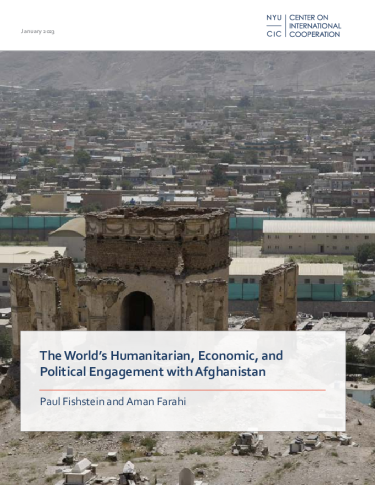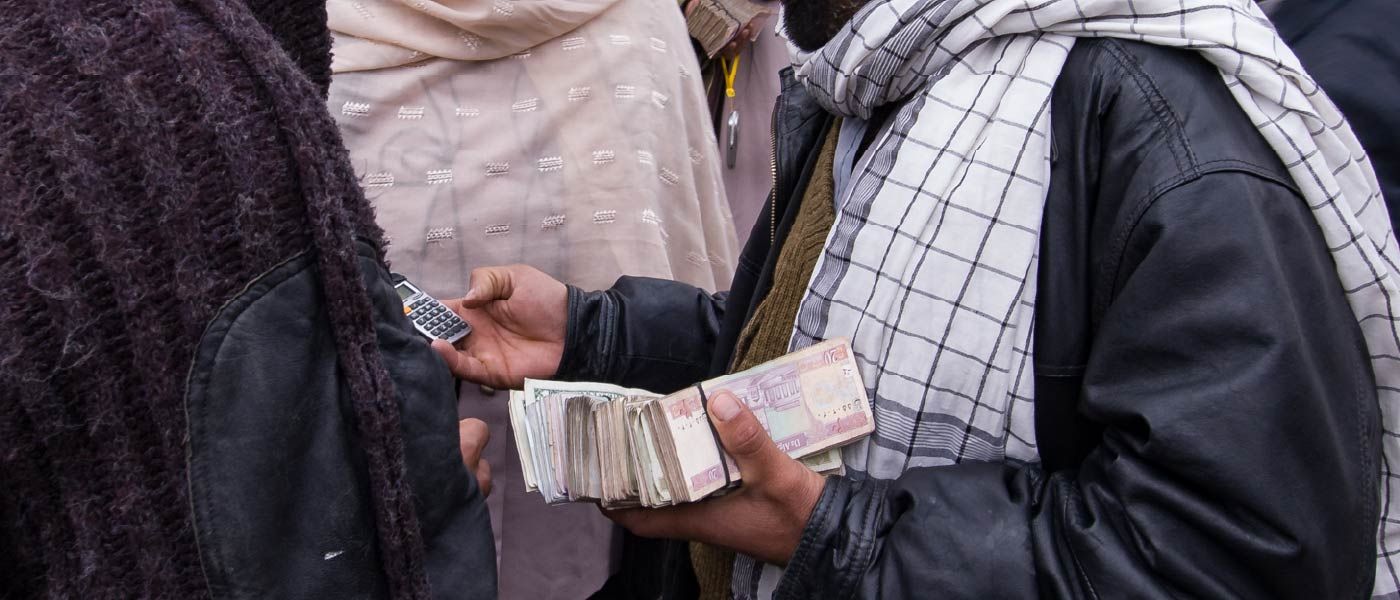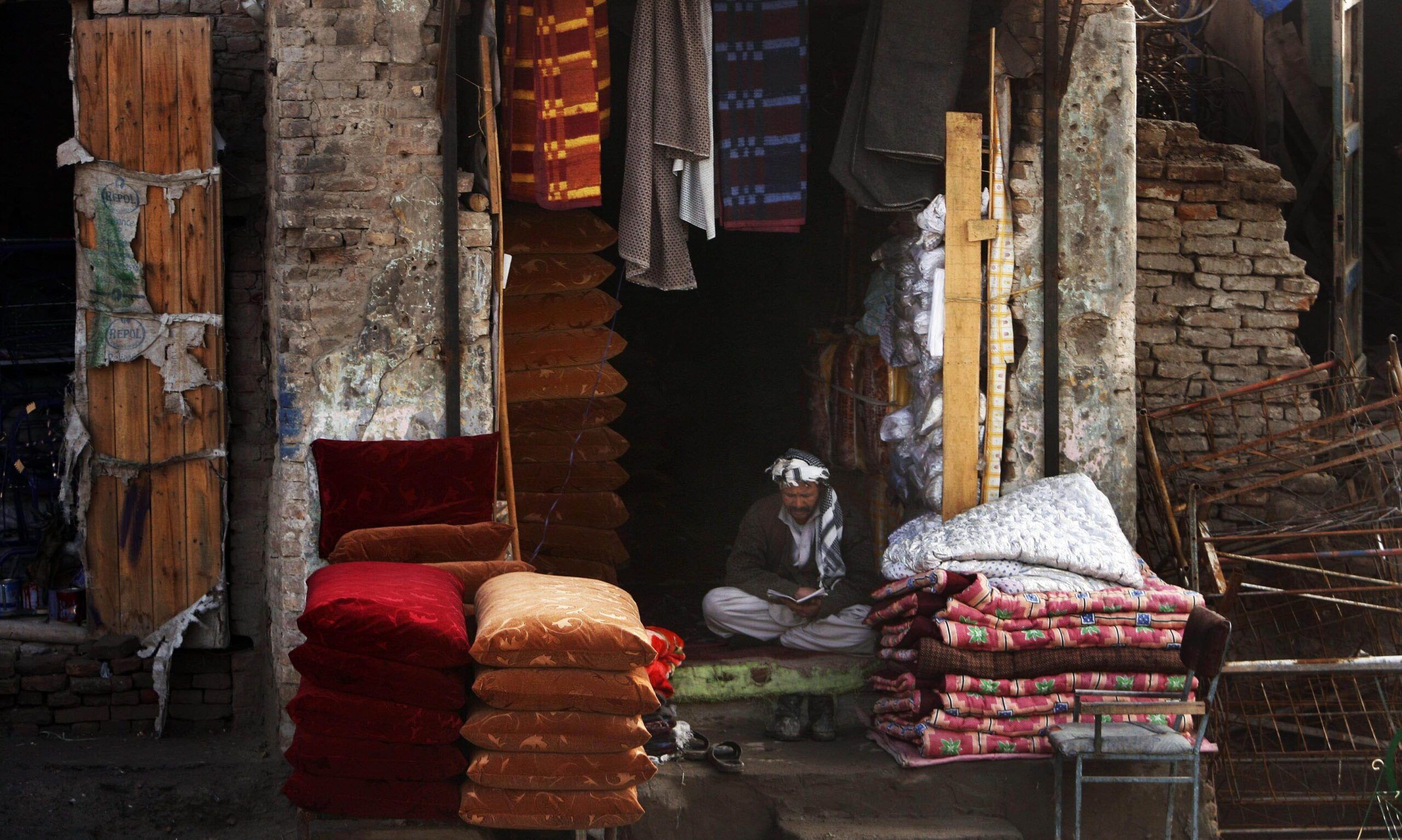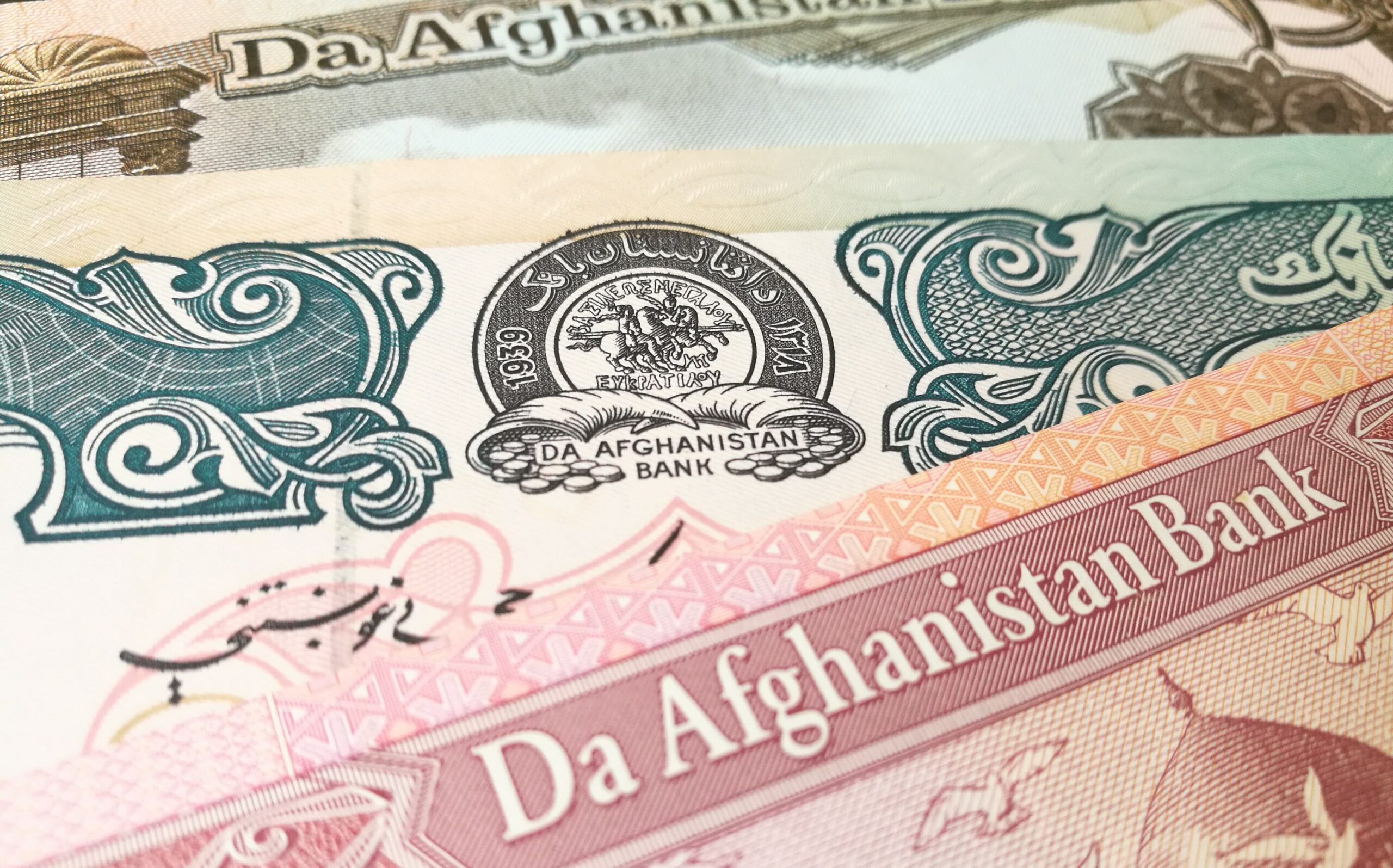The August 2021 fall of the Islamic Republic of Afghanistan and its replacement by the Taliban ended a two decade chapter of economic and social development.
On top of an already weak economy reeling from COVID-19 and a multi-year drought, the overnight cutoff of most Western aid, freezing of foreign reserve funds, and effective severing of Afghanistan’s links with the global financial system plunged Afghanistan into multiple and overlapping humanitarian, economic, financial, and political crises of almost incomprehensible proportions. As of December 2021, 98 percent of the population lacked sufficient food and 90 percent were projected to be living in poverty. By summer 2022, the economy had shrunk by 20-30 percent.
Afghanistan faces a daunting array of immediate security, humanitarian, and long-term development challenges. The Taliban’s restrictive social policies and refusal to move towards an inclusive government and the charged political environment dictates much of what can or cannot be done by the international community. The West’s central challenge is at once both moral and political: trying to walk a fine line between delivering humanitarian and economic assistance to relieve some of the effects of sanctions and isolation and help the Afghan people, while avoiding even the appearance of endorsing or legitimizing the Taliban. Workarounds so far have included re-purposing the World Bank-administered Afghanistan Reconstruction Trust Fund, previously the main vehicle for funding Afghan government operations, to channel funding through United Nations (UN) agencies to non-governmental organizations (NGOs) to provide feeding, health, education, and other services. This paper highlights the significant challenges for the international community, among them:
- Relationship management
- Working with or alongside the Taliban
- Who performs the functions of the state? Channeling support away from the DFA and directly through the UN and NGOs can be effective for certain types of services (e.g., health, education), but this has its limits.
- International community cohesion, coherence, and capacity
Finally, the authors highlight a number of recommendations, divided roughly into policy and operational considerations, for how, if not to resolve the impasse, to at least mitigate or get around it. These 14 recommendations assume that regardless of the Taliban’s distasteful policies and moral and technical shortcomings, the collapse of their rule would not be in anyone’s interest. There is no one to replace them, and the chaos and fragmentation that would follow would be far worse.






